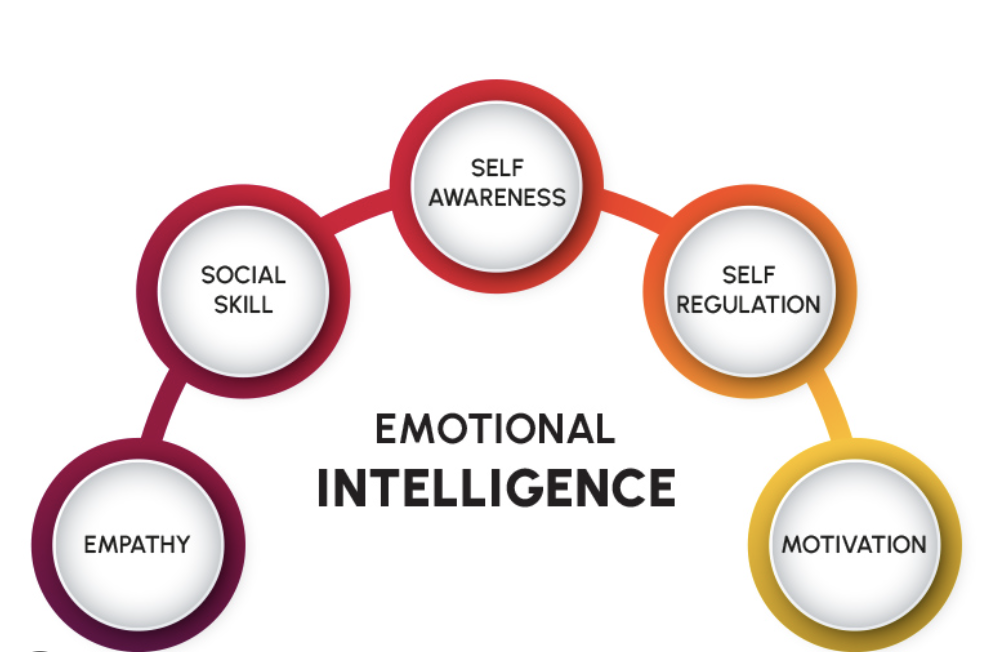The MSP Training Reality: Why Technical Skills Aren't Enough Anymore


Managed Service Providers face a unique challenge: while their technical expertise has never been more valuable, their success increasingly depends on communication skills that traditional training approaches completely overlook.
How MSPs Train Today
The typical MSP training budget follows a predictable pattern: Cisco certifications, Microsoft credentials, cybersecurity courses, and vendor-specific product training. When MSPs do invest in sales training, it's usually generic programs designed for traditional B2B teams, focusing on features, benefits, and standardized sales processes.
The problem? None of this addresses the specific communication challenges MSPs face daily.
The MSP Communication Challenge
MSP sales conversations are fundamentally different. You're talking to business owners intimidated by technology, frustrated by past IT experiences, and skeptical of another "expert" promising solutions. These prospects need technical education, trust building, and reassurance—not product presentations.
Consider this scenario: An MSP rep explains endpoint detection and response (EDR) to a prospect whose eyes glaze over at technical jargon, who's worried about costs they don't understand, and who's thinking about three other business fires. Success depends entirely on reading emotional cues and adjusting communication approach in real-time.
Traditional sales training tools can't help because they only track words, not the emotional intelligence required for these conversations.
The Trust Imperative
As MSP marketing expert Robin Robins says, "We don't sell IT services, we sell trust." You can have every certification, but if prospects don't trust you to understand their business and protect their data, none of that expertise matters.
Trust isn't built through feature lists—it's built through communication that makes prospects feel heard and understood.
What MSPs Are Missing
Current training overlooks critical communication complexities:
Emotional Intelligence: When prospects say "We've been burned before," they're not looking for logical responses about reliability—they need emotional reassurance before they can process technical information.
Context Awareness: Security conversations land differently with healthcare practices (compliance-focused) versus manufacturers (uptime-focused) versus law firms (confidentiality-focused). Current platforms treat all conversations identically.
Non-Verbal Cues: During demos, body language reveals when prospects are confused but won't admit it, excited but budget-cautious, or checked out from complex explanations.
Technical Translation: MSPs must simplify complex concepts without condescending to intelligent business owners who lack IT expertise—skills requiring real-time comprehension assessment.
The Opportunity
MSPs who master communication complexity will dominate their markets. While competitors focus on technical one-upmanship, communication-savvy MSPs win by making prospects feel confident about their technology future.
The challenge is finding training that addresses the full spectrum of human communication—tone, emotion, context, and trust-building—not just words and scripts. Until the industry develops these sophisticated approaches, most MSPs will continue struggling to convert technical expertise into consistent sales success.














.png)



.jpeg)


.jpg)
.jpg)

.jpg)



























